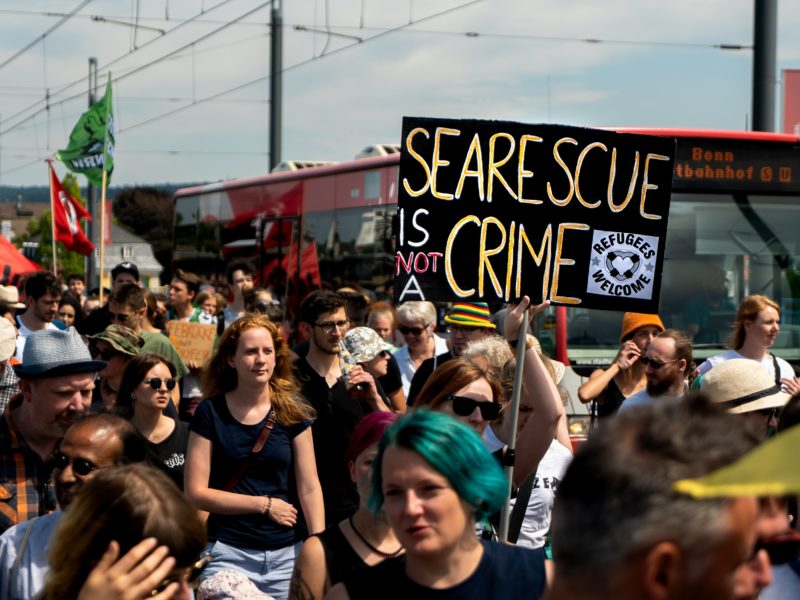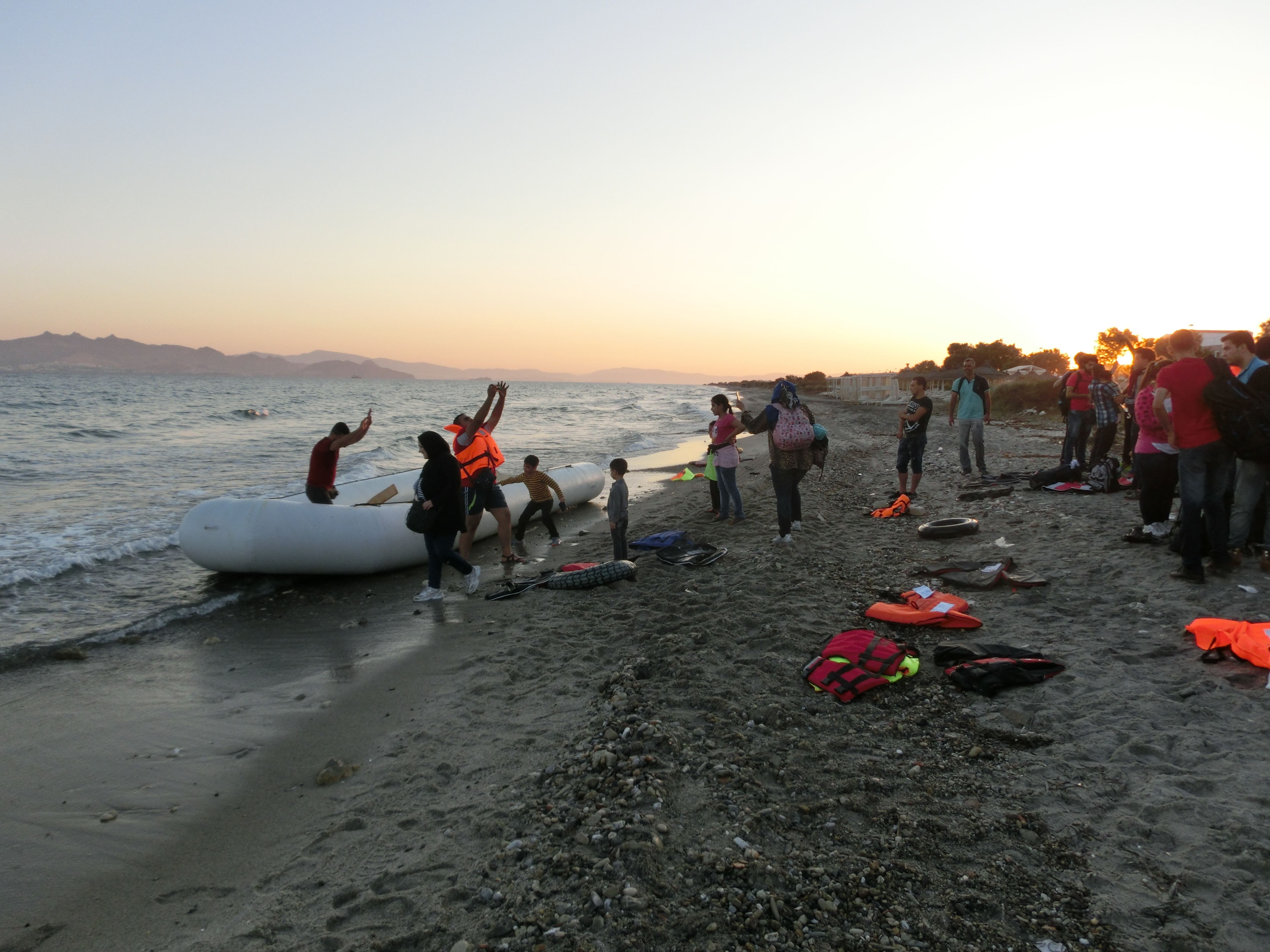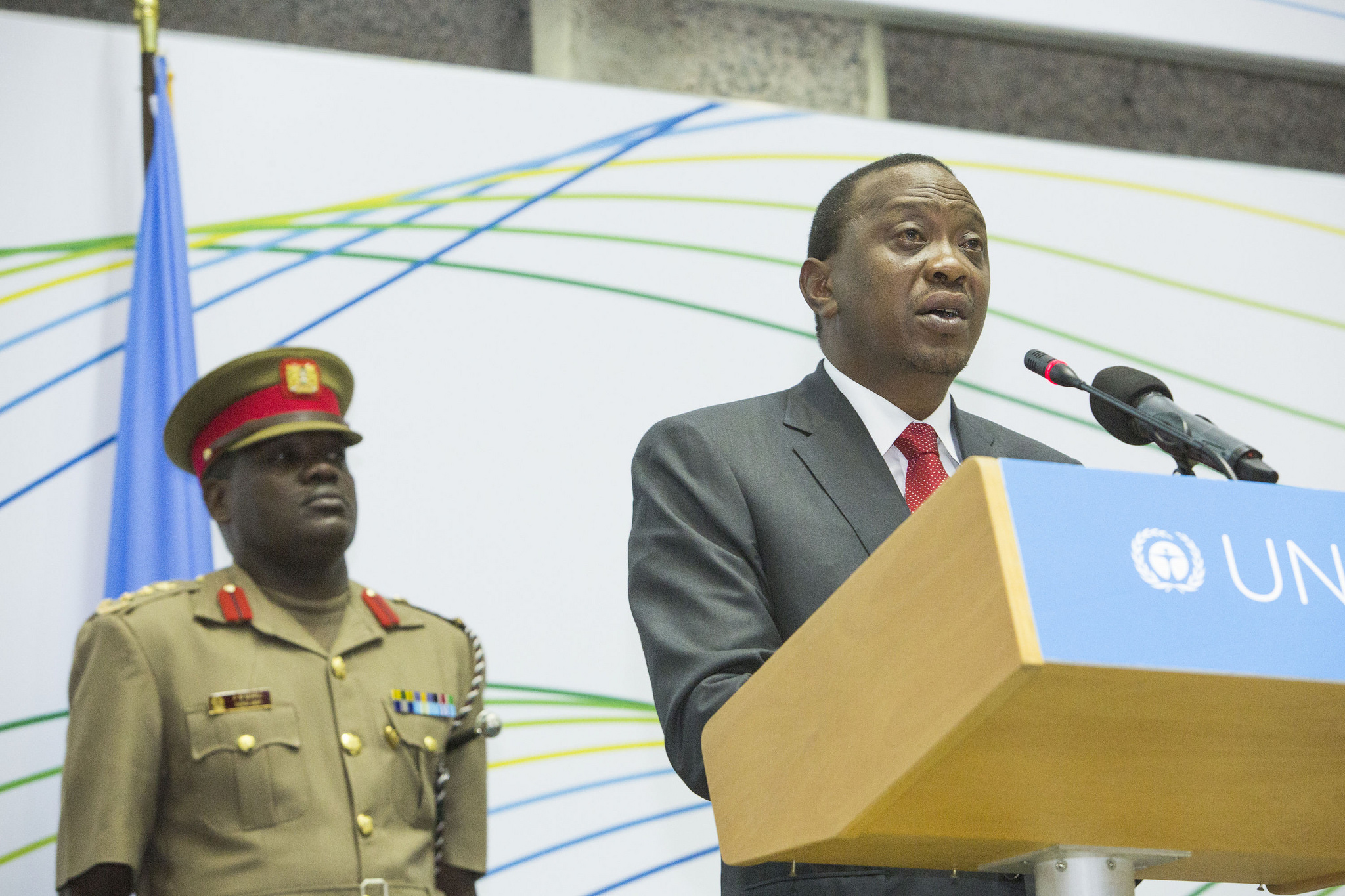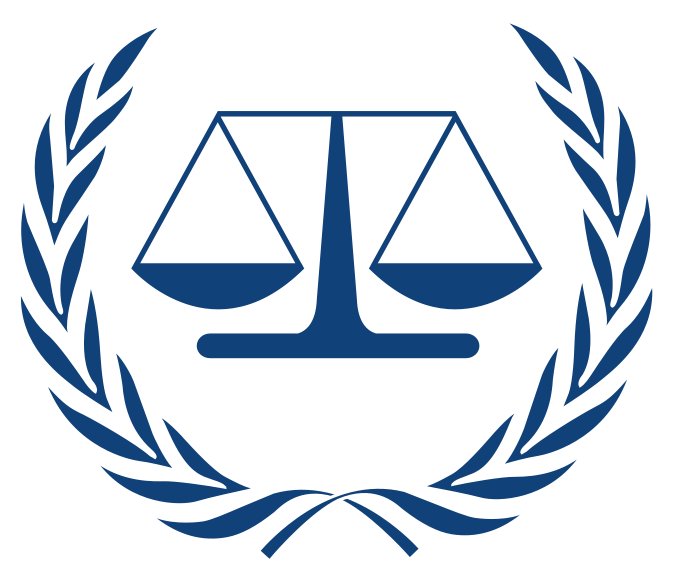By guest contributor Chiara Ruffa
The scenes are by now familiar: the Greek Coast Guard firing on a rubber dingy full of migrants trying to cross over from Turkey; migrants detained in squalid camps; customs police along the border refusing passage to the thousands who have amassed since Turkish President Tayyip Erdogan reneged on a 2016 agreement with the EU to keep migrants in Turkey in exchange for cash.
While Turkey uses migrants as leverage to coerce the EU into supporting its military operation in Syria, the European Union has declared that the Greek border is the “shield of Europe.”
The imagery of a “shield” is revealing. There was a time when Europeans felt a responsibility to help people like those arriving at the Greek border: families, widows with children, youngsters escaping from war. This social norm—a sense of duty to aid people in distress—is codified into law. For example, the responsibility to rescue people at sea has been part of international legal conventions for years, including in article 98 of the United Nations Convention on the Law of the Sea; the 1974 Convention for the Safety of Life at Sea (SOLAS); and the 1978 Search and Rescue Convention. These legal statutes reflected a consensus about appropriate behavior—that seafarers must render assistance to those in distress at sea and that protection shall be provided. SOLAS has institutionalized this consensus: it divides all areas of the world into search and rescue areas where a specific country has responsibility. These norms were codified decades ago, long before large migrants flows started, and were not intended to address a challenge of this scale. Nonetheless, these laws still apply.
Norms that support aid and protection of migrants are eroding, however. My research suggests that there are at least two reasons why.
Norms emerge and spread by being internalized by countries and codified across states. Notable examples are the intervention norm and norms prohibiting the death penalty and torture. The duty to search and rescue has also been internalized, as has the protection norm, but both have begun to decline. This is particularly surprising given that universal norms are expected to have more traction and “more expansive potential.”
The search and rescue norm has two main components: the people in distress must be saved, and the vessel must be brought to a place of safety. Norm erosion began in 2014, with the beginning of the migration “crisis,” an increase in migrants who reached European shores. At first, European countries simply responded: migrants were rescued, saved, and offered protection. Then, however, countries like Italy, Greece and Malta that were receiving high volumes of migrants started to question the notion of “place of safety.” Beginning in 2014, Malta and Italy pushed for a different interpretation of place of safety, one where migrants could be sent back to Libya where they were most likely placed in detention. These actions were justified with flimsy narratives that people should simply get help elsewhere. Little by little, the practice of deporting people in potential need of asylum back to Libya became accepted.
With the erosion of the first provision of the norm (place of safety), the second provision—that is, rescue itself—began to be challenged as well. Politicians and pundits began arguing that rescuing migrants encourages others to cross. While this connection is unfounded, it gained traction along with other unsupported arguments—such as that Italy has “too many migrants.” (Italy has about two asylum seekers for every 1,000 inhabitants as opposed to the 156 per 1,000 in Lebanon.) These claims have provoked anxiety among people worried about their economic well-being and the allocation of welfare benefits.
As political figures question who bears responsibility for the migrants, false but plausible narratives about migrants as a threat have been propagated by civil society and decision-makers. Italian Interior Minister Matteo Salvini is but one example of a public figure in Europe who has very successfully, and very publicly, questioned the duty to rescue. His predecessor, a member of a center-left coalition, was the one who proposed Libya as a place of safety.
Not everyone has abandoned the idea that European countries have a responsibility to aid migrants. Several NGOs and state organizations are fighting to protect search and rescue norms that favor solidarity for and aid to migrants. And influential voices are speaking out. An interesting case was when the head of the Italian coast guard publicly challenged Interior Minister Matteo Salvini, which raised awareness among the public about the duty to rescue.
The power imbalance between those trying to preserve the norm to aid and protect migrants, and those trying to erode it, could not be greater. Without widespread citizen support, NGOs seeking to support migrants and asylum seekers have much less leverage than those propagating fear.
Social norms can be eroded but they can also be (re)constructed. Rolling back this normative decline—and protecting lives and human rights—requires that governments and civil society empower individuals and organizations working to protect the norm of shared responsibility, including the NGOs and state agencies that continue to rescue people at sea, and those working hard to build a new consensus that aiding migrants and asylum seekers is a responsibility of the European Union and of European governments. Law enforcement agencies and militaries tasked with border protection must be aware that universal norms should be prioritized over other imperatives, even at the cost of peaceful disobedience. The fears and concerns of local communities must be addressed with information. The international community has a responsibility to protect people in danger, even when powerful voices say the contrary.
Chiara Ruffa is an academy fellow in the Department of Peace and Conflict Research at Uppsala University, and an associate professor in War Studies at Swedish Defense University. She is writing a book about norm decline focusing on protection norms and civil-military relations.







1 comment
You say : “SOLAS has institutionalized this consensus: it divides all areas of the world into search and rescue areas where a specific country has responsibility.”
Sorry, but it was the SAR Convention that institutionalized rescue at sea, SAR zones and MRCC, not the SOLAS convention.